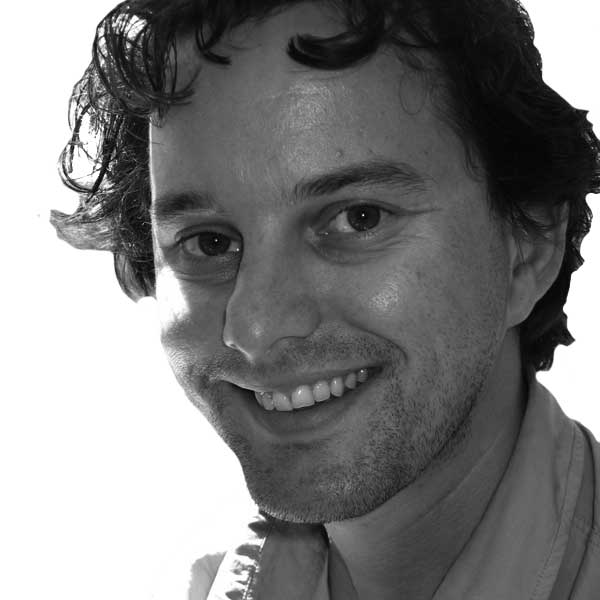
Rowan Hooper
Rowan Hooper has a Ph.D. in evolutionary biology from Sheffield University, UK, and he worked as an insect biologist in Tsukuba, Ibaraki Prefecture, for five years before spending a two-year period at The Japan Times in Tokyo. He is now news editor for New Scientist magazine, based in London.
Aug 12, 2012
Jul 8, 2012
Jun 10, 2012
May 13, 2012
Apr 8, 2012
Feb 12, 2012
Jan 8, 2012
Dec 11, 2011
Sep 11, 2011
Jun 12, 2011
May 8, 2011
Apr 10, 2011
Mar 20, 2011






























